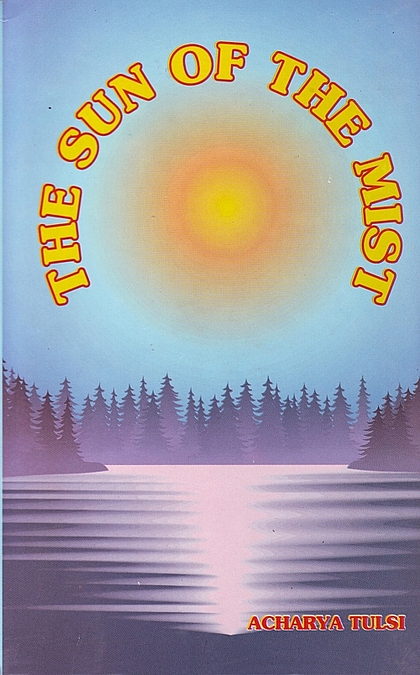Eighth December 1987 assumed historic importance when the Soviet leader, Mikhail Gorbachev and the American President, Ronald Reagan signed in the White House an agreement on the destruction of nuclear missiles. This is the first successful attempt to free the world from the threat of a nuclear war. Two earlier meetings in this connection, one held at Geneva in 1985 and the other at Rikayakin 1986 had not been fruitful.
Gorbachev visited India in November 1986 and met the Indian Prime Minister, Rajiv Gandhi. Both the leaders held discussions on peaceful co-existence and the possibility of destroying all atomic weapons. Some of the principles adopted in the 10-point communique issued after the meeting were:
- Non-violence should be the basis of social life;
- Creating of an atmosphere of goodwill and faith instead offear and suspicion;
- Peaceful co-existence should be the basis of international relations;
- Concrete steps are taken to create a nuclear—free none—violent world.
One can hardly believe that these principles have been enunciated by the top political leaders of Soviet Russia and lndia, for it is the soul of Lord Mahavir or that of Mahatama Gandhi that seems to speak through them. For this most welcome declaration, at our meeting at Anuvrat Bhavan on 5 November, 1986, we congratulated the Indian Prime Minister, Rajiv Gandhi and through him sought to convey our congratulations to the Soviet leader Gorbachev. That the Soviet leader adopted the Path of none—violence is a matter of pride for lndia, too. Some people had thought that it was easier to talk of non-violence and disarmament, but very difficult for a communist country to adopt these as principles of state policy.
What is easy or difficult, only time would determine. Some points of the joint-communique became immediately operative. Some others were related to international politics. Time was required for their implementation and it was also necessary to obtain the concurrence of the countries concerned. So the matter could-not be said to have been at a stand—still. A step towards non-violence was taken and the seemingly impossible became possible. A significant agreement has since materialised to free the world of nuclear weapons and this agreement was arrived at between two super powers on whose equilibrium depends the equilibrium of the whole world.
The failure of the earlier two meetings in this connection had not discouraged the leaders of the two nations. According to the proverb, "The third time is the best time," the third summit has proved to be entirely successful. At this meeting the proposal for destroying missiles of the range of 500-5000 km. was accepted. It is said that these missiles formed an important part of the arsenals of the two countries. The possibility of halving the stock of armaments at the next summit scheduled to be held at Moscow in the summer of 1988 is being strongly held out. An announcement to that effect has been made from the White House.
The agreement between Gorbachev and Reagan has been warmly welcomed by almost all the countries of the world. It has been hailed as marking the beginning of a happy future, and also as the dream of European security come true.
Messages of congratulations received from everywhere prove that no individual, class, society or nation really wants violence. Atomic weapons are the symbol of violence incarnate. They evoke feelings of fear, revenge and competition. In the continued presence of these weapons, no country could rest secure. The existence of such weapons in a neighbouring or enemy country can pose a serious challenge to any nation. In order to meet that challenge, education, culture and human values are readily sacrificed so as to concentrate all the country’s resources on the strengthening of the army and the development of destructive weapons. All this seriously hinders a country’s progress.
Economically, America is a rich nation and Soviet Russia is held to surpass America in the field of armaments. It would not be surprising if, on the strength of its economic power, America seeks to surpass Soviet Russia's might. The more surprising development however, is the decision of the two super-powers to destroy their atomic weapons. Actually, this agreement should have been arrived at long before. Still, better late than never. If even now the big countries of the world take to none—violence and withdraw their energies from armament—development, it would be a great achievement towards the establishment of world peace.
Prejudice, fear, egotism, suspicion, envy, greed, etc., provoke violence. It is necessary to end them. The day the atomic weapons are totally banned, the cruel demon of violence will stand paralysed, and it would be a day of great fulfillment for the whole of the human race. This is my individual dream. And yet not mine alone; it is the dream of millions of people all over the world. Let us all get together and work for it and let us hope that door to peace that has just opened, may open still wider in the days to come.
 Acharya Tulsi
Acharya Tulsi
